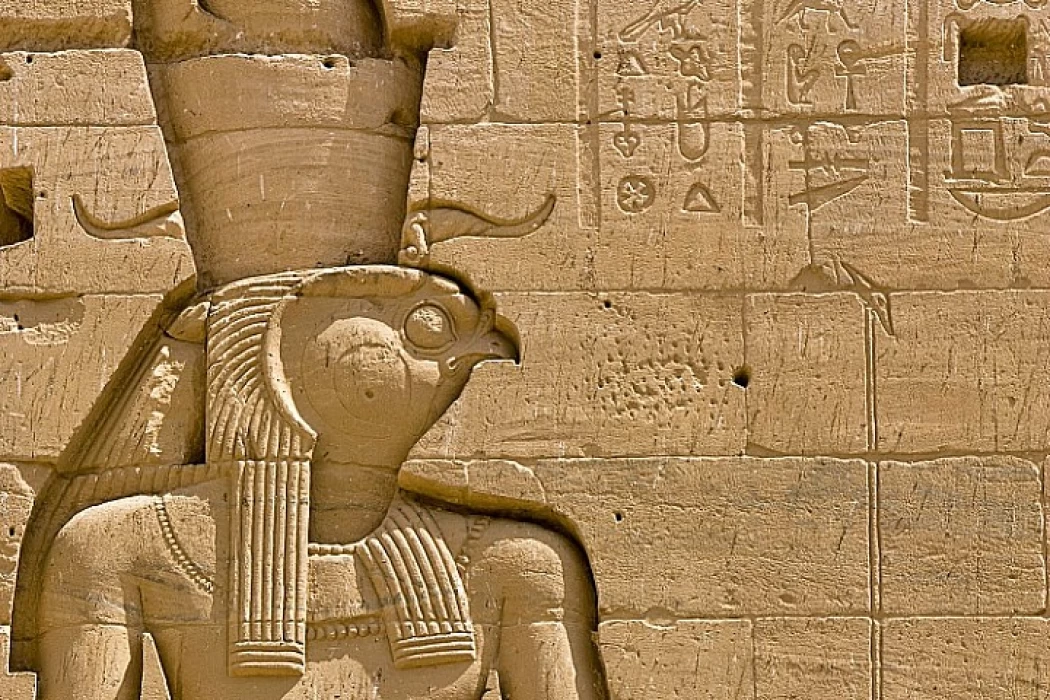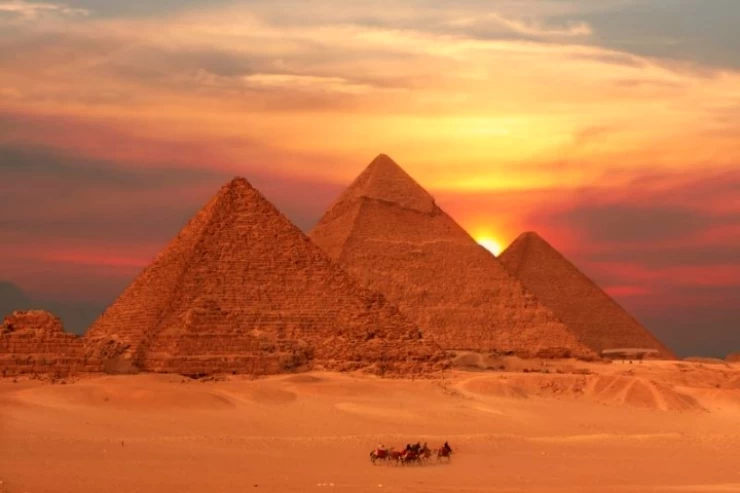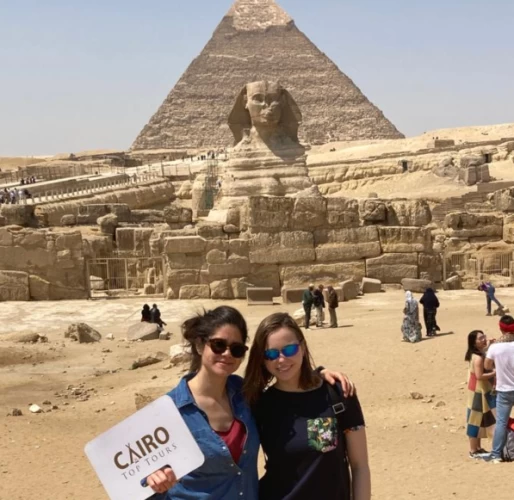
God Amun Ra | Amon Ra The Master of the Ancient Egyptian gods
Amun Ra
Because of his mystery, Amun became associated with the sun god Ra. Both were associated with the power of life and creation. Amun was later compared to the Greek and Roman head gods Zeus and Jupiter.
The phenomenon of the sun perpendicular to the axis of the Temple of Amun-Ra
The phenomenon of the sun perpendicular to the axis of the Temple of Amun-Ra in Karnak is one of the unique phenomena in which the ancient Egyptians showed their genius in linking astronomical calculations to architecture and temple planning and orientation, as archaeological studies showed that the texts mentioned by King Senwosret I regarding the construction of his temple dedicated to Amun-Ra showed that he chose a specific direction for the axis of the temple.
The Egyptian High Council of Antiquities has completed the restoration of the tomb of Amun-Ra at the Temple of Seti I in Abydos, located in Sohag governorate (southern Egypt).
The Traits of the Goddess Amun
One of the gods of great importance in the faith of the ancient Egyptians. He possessed many of the characteristics emphasized by monotheism. omnipresence and power.
He is the king of all gods, the protector of kings, the god of the wind, the god of the sun, and the master of the ancient Egyptian gods.
Many idols were influenced by the god Amun. They appeared on the walls of temples, but they were not as popular and widespread as Amun in ancient Egypt.
The Cult of Amun in Ancient Egypt
He became the king of the gods in Thebes. During the 12th Dynasty, the Middle Kingdom dynasty built a number of temples for him. including the Great Temple, Luxor and Karnak, and the cult of Amun spread to neighboring countries, especially the Nubians.
In the 25th Dynasty, Amun was the main deity of the kingdom of Nabta “ —present-day Nubia, where the worship of Amun was unique in Egyptian theology.
As the cult of Amun spread and he became one of the most important gods, he partnered with Ra to create a myth where Amun was similar to Ra in cosmic manifestations. In worship rituals, the two deities are represented together (the ever-present invisible force and the shining light of divine power) to sustain life.
Amunet, Mut, or Amunet, was the wife of the god Amun or Amun Ra, and was known as the Cow of Heaven, the feminine form of the word Amun.
His name means "the hidden one", Amun is a very ancient divinity with warrior characteristics. Starting from the Middle Kingdom or maybe before, specifically during the 5th dynasty, he became the principal deity in Egypt and of Thebes during the new kingdom as well, he took the name of Amun-Ra and the characteristics of the creator God. He is the spouse of Mut and the father of Khonsu, forming the famous Theban triad with these deities of ancient Egypt.
Amun was the name of a deity in ancient Egyptian religion, which became one of the most important deities in Ancient Egyptian history. The ancient Egyptians depicted the god Amun in various shapes. Amun appeared as a man with a head, head, frog, ram, a man wearing an ostrich crown, and a goose.
It began as Thebesian air and fertility god, whose power grew as the city of Thebes grew from a petty village in the old kingdom to a powerful metropolis in the Middle and New Kingdoms. He rose to become a member of the eight gods collectively called the Ogdoad of Hermopolis. He then became a member of the three gods referred to as the Thebes Trinity. At that time he was called the patron of the Pharaoh's Gods and was eventually combined with the sun god Ra, who was the sovereign deity of the Old Kingdom, to become Amun-Ra, king of the gods and ruler of the Great Ennead. Amun-Ra was hailed as a national god, the creator of the universe, the personal protector of Pharaoh, and the god of war.
He appeared in the Pyramid Texts as a member of the Oedead, an important god at Thebes. His importance began in the Middle Kingdom, when King Amenhotep had compound names with Amun
After the expulsion of the Hyksos, he became the king of the gods. During the reign of Akhnaton, a religious and political revolution broke out against him, but he returned to become the great god of Egypt.
The Temple of Karnak was the oldest Temple of Amun-Re. His reputation goes far beyond the borders of Egypt. His worship spread to Ethiopia, Nubia, Libya, and much of Palestine. The Greeks believed it was an Egyptian manifestation of their god Zeus. Even Alexander the Great thought it worth consulting Amun's oracle when he needed powerful proof to become the Pharaoh King of Egypt, the temple of the oracle in Siwa Oasis in the Egyptian Western Desert is evidence of how important this god was to all Egyptians.
Travel to Egypt now to visit the ancient Egyptian wonders and magnificent sites, temples, and pyramids built at the dawn of history and learn more about the complicated mythology and the hundreds of Gods and Goddesses worshipped in the land of the Pharaohs.
The Gods of ancient Egypt were very much like humans they loved and hated, they felt jealous and fought, they took revenge, killed, and also died during an amazing myth full of events, activities, and dramatic events that inspired modern movie directors and producers to create world-famous movies about the grandeur of the Pharaohs and the Gods they worshipped. Take advantage of this offer and discover the wonders of the blessed land of Egypt, from historical times to the present day.
Amun possessed many powers among the Egyptians. He not only created himself, but the entire universe. Furthermore, after being influenced by the Hyksos, the Egyptians developed a god of war, believing this to be the reason for their strength. Consequently, they chose Amun from among their deities to be the god of war.
The belief in the god Amun was very strong, and there was interest in depicting him in many images, the most important of which was the image of the ram as a symbol of fertility and a symbol of the renewal and flow of water. Appearance of God Amun: A seated or standing man with a crown surmounted by two feathers.
The image may depict a ram or a man with a ram's head. A ram-headed sphinx or a goose, a frog. Lastly, he has blue skin in some of his representations rather than the usual red-brown. Blue was a colour that the Egyptians connected to air and creation.
Amunet, Mut, or Amunet, is the wife of the god Amun or Amun-Ra, and was known as the cow of heaven, which is the feminine name of the word Amun. Their son was the god "Khonsu", the god of the moon among the ancient Egyptians.
The father, son, and wife formed the holy trinity of the city of Thebes, Mut, or Mut, which means "mother" and is the mother of the gods in ancient Egypt. Its pronunciation and name changed over thousands of years in several cultures and civilizations She is often depicted as an Egyptian eagle, a white eagle.
















